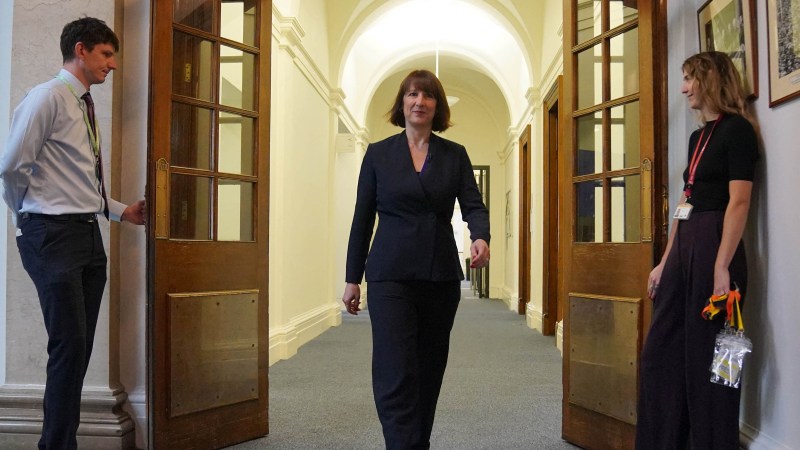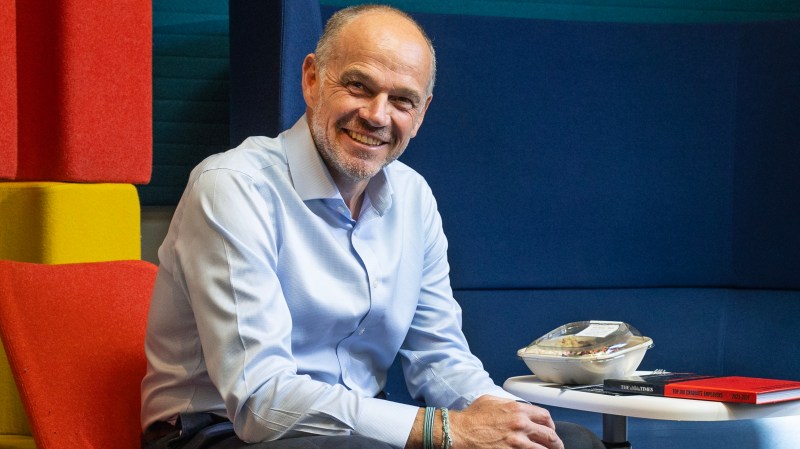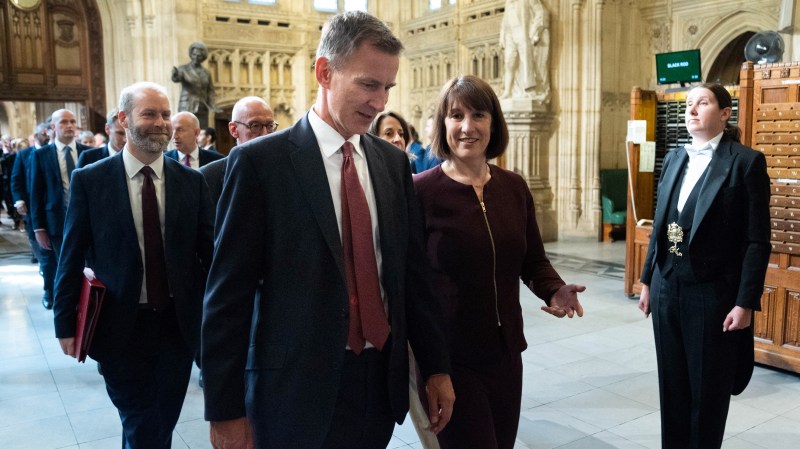Tax grab on private equity could backfire, Rachel Reeves warned
Rachel Reeves has been warned that her plans to raise at least £500 million by closing a private equity tax loophole could spark an exodus of wealthy individuals that could hit the amount of revenue the chancellor hopes to generate.
The professional services firm EY said that 60 per cent of its asset management clients had asked it to conduct work on shifting their domicile out of Britain as a result of the proposed changes.
The analysis is contained in EY’s response to the Treasury’s call for evidence on the government’s plans to change the way that people who work in private equity pay capital gains tax (CGT) rather than income tax on profits from their investments — known as carried interest. Treasury analysis shows that about 3,000 people received carried interest in 2022, paying a tax rate of up to 28 per cent, rather than income tax, the highest rate of which is 45 per cent.

EY did not publish its submission to the Treasury, which is the topic of discussion in the City, but Chris Sanger, head of tax at EY, said: “There’s been a lot of … concern that the rules for carried interest would change” but stressed that it was not clear how many people would move.
How the system will change is not clear. There has been speculation that the chancellor could raise the top rate of CGT. Alternatively, she may stipulate that individuals must invest their own money into a fund — instead of being awarded a stake in a fund as part of their employment — to continue to qualify for CGT. The Treasury said it had launched the call for evidence so that “a wide range of stakeholders can provide their views as part of this”.
Separately, the CBI employers’ body has warned the government that its plans to give workers more employment rights could stoke uncertainty in industry. A survey by the CBI found that 62 per cent of employers predicted a decline in the UK as an attractive place for investment in the next five years.






